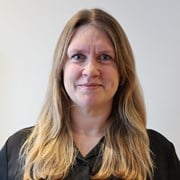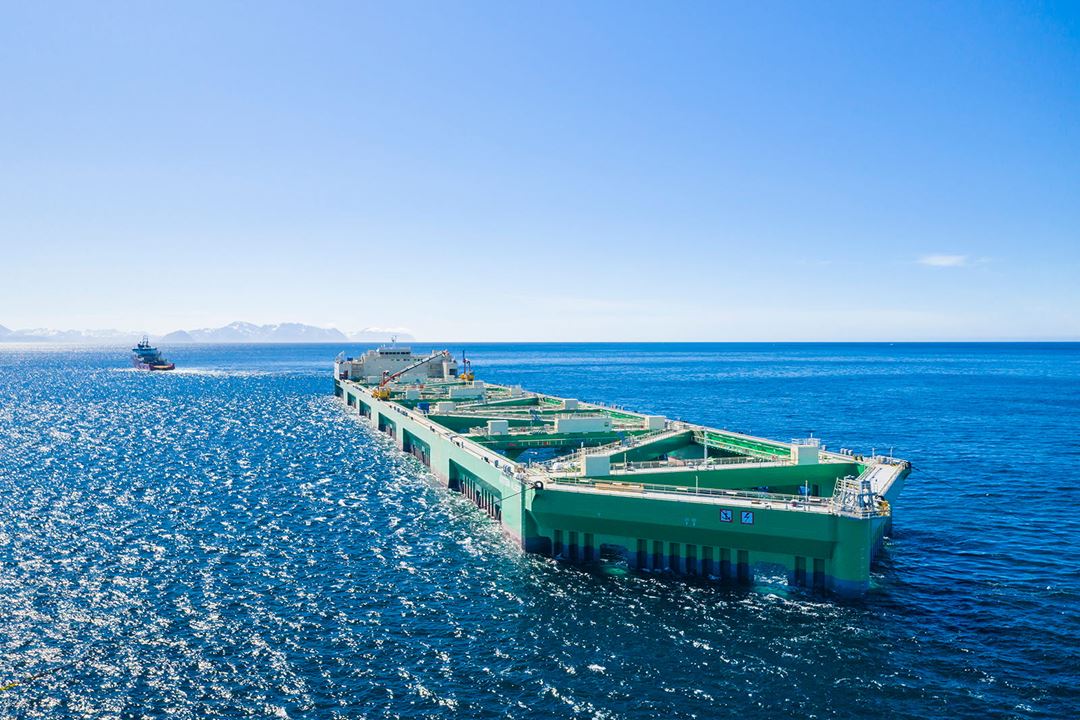The Norwegian aquaculture industry has challenges, particularly related to salmon lice and escape of farmed fish. With the goal of technology development that can solve these challenges, the authorities introduced development licenses in 2015. The arrangement was temporary, and these special permits for salmon farming should be awarded to concepts that contributes to significant innovation. The Directorate of Fisheries received a total of 104 applications.
The aim of DEVELOP (Development licenses as a driver for innovation in fish farming Effects on technology, industry and regulation) is to study the effects of development licenses. This provides knowledge about the effects of development permits as a strategy for innovation in the aquaculture industry and contributes to knowledge-based management. Effects in five areas are studied: 1. technology development, 2. actors involved in technology development and innovation, 3. ownership and transfer of knowledge, 4. industrial structure and 5. government regulation.
Methods used in this work include document analysis, interviews, and workshops. Innovations in different parts of the value chain have been important for the development of the Norwegian aquaculture industry, and the suppliers have played an essential part (Afewerki et al. 2022).
Based on interviews with 44 persons with different roles in the development license projects we find that the policy has contributed to a mobilization of both established aquaculture suppliers and suppliers from other sectors. The policy was reserved for sea-based production and asked for unique technological concepts that would be demanding for applicants to realize on their own. Financial risk relief is provided in the form of free production permits (with a duration of up to 15 years), which can be converted into ordinary permits when the goal of the development project is reached. DEVELOP has studied response letters to applicants for development permits to uncover and categorize prominent technological directions proposed. In the farm design category, most applicants proposed closed farming technology, followed by traditional cages, semi-submersible platforms, rigid floaters, and partially closed concept. Applicants with semi-submersible platforms, closed facilities and rigid floaters received the most permits to test their technology (Føre et al. 2022). A study of the interaction between different special permits and the ordinary permit regime in aquaculture shows that the complexity of the regulatory system has increased over time (Osmundsen et al. 2022).
Ongoing analyses in the project use interview data to examine the actors' experience of the development permit scheme and its enabling of collaboration and knowledge sharing, possible and perceived barriers to realising the projects, as well as other effects of this form of government regulation. As a political instrument, the development permits are both a measure to achieve one's own goals (technology development) and a means to achieve overall political goals (environmentally sustainable growth). In addition, the actors and the public administration must comply with the existing regulatory framework. The project takes a closer look at interaction and any conflicting objectives between these goals, and this is studied from an actor perspective and a system perspective. Possible effects of development licenses and technology development in an international perspective is explored in collaboration with an international expert advisory board. Discussions in the group has shown prominent challenges, and drivers for innovation in aquaculture in different geographical regions. Even though several challenges are the same across countries, government-initiated innovation is particular for Norway.
Results from the project have been presented at national and international conferences in 2021 and 2022.
The project is funded by the Research Council of Norway (2020-2023) and is managed by SINTEF Ocean. NTNU Social Research, NORCE and the University of Tromsø are research partners. Representatives from the aquaculture industry, the supplier industry and the authorities participate in a reference group to ensure relevance and dialogue with the target groups.
Results:
- Technological innovations promoting sustainable salmon (Salmo salar) aquaculture in Norway
- Updated figures and tables for paper (pdf)
- Technological directions (excel spreadsheet)
References:
- Afewerki S., Asche F., Misund B., Thorvaldsen T., Tveterås R. (2023) Innovation in the Norwegian aquaculture industry. Reviews in Aquaculture
- Føre HM., Thorvaldsen T., Osmundsen T., Asche F., Tveterås R., Fagertun JT., Bjelland HV. (2022) Technological innovations promoting sustainable salmon (Salmo Salar) aquaculture in Norway. Aquaculture Reports
- Osmundsen, T., Olsen, M.S., Gauteplass, A., Asche, F. (2022). Aquaculture Policy: Designing licenses for environmental regulation. Marine Policy, 138, 104978.

